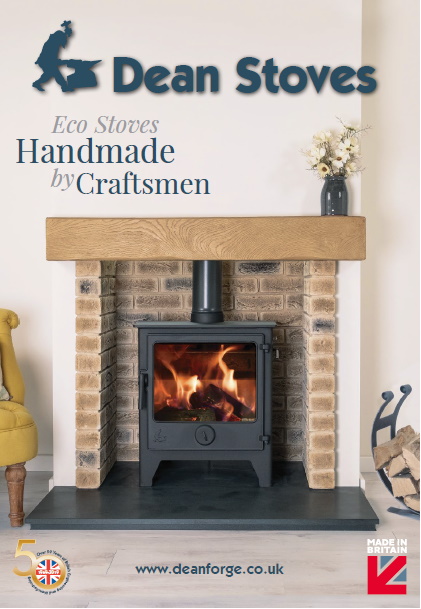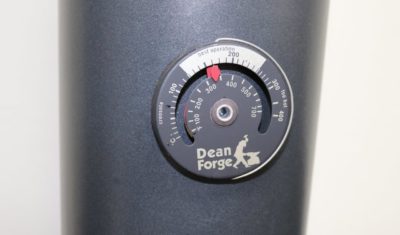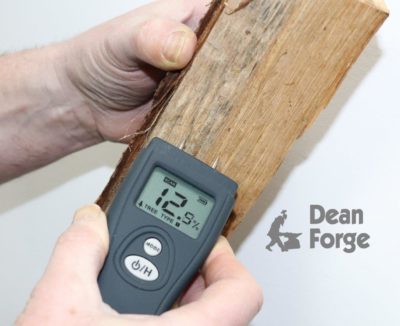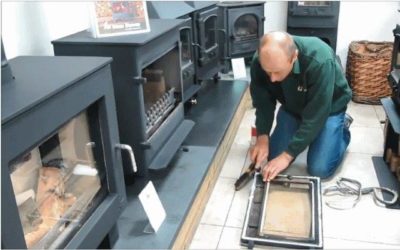Should I buy a new wood/multi-fuel stove? – A Practical Buyers Guide
There has been recent media coverage about the future use of wood and multi-fuel stoves and their impact on the Uk’s clean air. In this guide we aim to answer some of your questions.
1 – Is there going to be a wood burning stove ban?
2 – Should I still buy a stove?
3 – Can I keep using my existing stoves?
4 – Are they banning the burning of wood or solid fuels?
5 – What does Defra Approved mean?
6 – How does a wood burning stove impact on the environment?
7 – How do I minimise the effects of stove pollution?
This practical buyers guide will also help those with wood burning stoves, and benefit you directly by;
- a) Maximising efficiency, meaning you burn less fuel
b) Selecting the best quality dried wood and smokeless fuel
c) Keeping your chimneys in a better condition.
1 – Is there going to be a wood burning stove ban?
The government is NOT going to ban stoves, but instead educate consumers and introduce measures that will make sure people burn cleaner fuels. The government’s Clear Air Strategy, published in January 2019, pledges to cut emissions from particulate matter by 46% by 2030. As well as multi-fuel and wood burning stoves, the strategy also aims to tackle pollutants from transport and agriculture.
2 – Should I still buy a stove?
If you are thinking of buying a stove, consider purchasing one that is Eco 2022 compliant (Ecodesign Ready) and has been approved for use in smoke control areas. Wood burning stoves do have some good points, especially when it comes to carbon emissions. The increased efficiency of an approved stove will make a noticeable difference to fuel economy and warmth in your home.
3 – Can I keep using my existing stoves?
Yes – The Clean Air Strategy does not say there will be a ban on the use of wood or multi-fuel stoves. The recommendations are that you should burn quality dry wood or smokeless fuels.
4 – Are they banning the burning of wood or solid fuels?
No – However, the Strategy does suggest a ban of certain fuels, moving towards limiting the sales of high sulphur content house coals, and wet wood, and suggesting consumers use more efficient kiln dried wood and approved smokeless coal.
5 – What is Eco 2022 compliant (Ecodesign Ready)?
Eco 2022 Compliant (Ecodesign Ready) is the stove industry’s response to the Defra Clean Air Strategy which aims to improve air quality and reduce emissions/pollution by 2022. The Clean Air Strategy aims to tackle three main areas; limit the sale of polluting fuels, improve the efficiency of stoves and update legislation relating to Smoke Control Areas. Eco Ranges of Dean Stoves wood and multi-fuel stoves are independently tested by an approved test laboratory to meet the strict emissions and efficiency criteria of the Eco 2022 Clean Air efficiency standards.
6 – What does Defra Approved mean?
A Defra Approved stove is an industry term for an SE (smoke exempt) stove which has been approved to burn specific fuels in a smoke control area that would usually not be allowed, i.e. wood.
7 – How does a wood burning stove impact on the environment?
By installing a wood burner or replacing an open fire with a Defra Approved stove, you can both increase the efficiency of the heating in your home and reduce your carbon footprint. Defra Approved or an Ecodesign Ready stove are over 80% efficient compared to an open fire which is deemed to have an efficiency of 30%. Biomass materials, such as wood are considered a carbon-neutral source of energy. Despite producing carbon dioxide when burnt, they only release roughly the same amount they absorb while growing. Locally produced wood fuel is even better in terms of carbon, as less carbon is produced when transporting it across shorter distances. This can help you to save money. All cooking, cleaning and heating appliances produce pollutants, including household coal and wet unseasoned wood.
8 – How do I minimise the effects of stove pollution?
As mentioned above, wet logs and house coal produce far more particulate matter than dry logs and low-sulphur solid fuels, such as anthracite coal. The government is working with industry experts, including the Stove Industry Alliance, Hetas and Chimney Sweep organisations to educate consumers at the point of sale or when having their chimney swept or maintained. Do ask the Dean Forge experts for further advice and support regarding the use of your stove.
A guide for those using wood burning stoves.
How to benefit from your wood or multi-fuel stove by maximising efficiency, and reducing running and maintenance costs.
- A) Maximising efficiency, meaning you burn less fuel.

Use a flue pipe thermometer Think about why you are lighting your fire, as well as how much fuel you use. To produce a clean burn in the beginning. Light your fire with paper, kindling, then small logs / smokeless coal. Fully open both the primary and secondary air controls. Close the door. When the fire is burning brightly, close the primary air control and use the secondary air control to manage the fire. Most Dean Stoves models are Defra Approved and burn efficiently. This means the stoves will run efficiently even at its minimum air setting.
A – i) Use a stove thermometer – informed operation of your stove’s controls shows you when the fire consumes wood too fast, exceeding the stove’s efficient operating zone.
- B) Measure wet wood with a Moisture Meter
Wet or unseasoned wood, often sold in nets, is cheaper to buy, but it needs to be dried before burning.
Moisture-Meter For the most efficient clean burn, air dried or kiln dried wood with an average moisture content of 20% or less. Wood naturally dries in a well-ventilated dry store, the rate in which it dries depends on the climatic conditions. Test your wood with a simple Moisture Meter before burning.
- C) Don’t use house coal, use approved smokeless fuels.
Approved smokeless fuels produce less carbon and smoke compared to ordinary house coal when burned. They also provide more heat so cost less money to heat your home. Do not burn treated or waste wood, it will damage your chimney or flue lining.
D) Sweep your chimney regularly
Soot build up in your chimney reduces and increases risk of chimney fires. Use a qualified chimney sweep who will advise you on general practices for your wood burning or multi-fuel stove.
Maintaining and Servicing your wood/multi-fuel stove
Our experts at Dean forge recommend that your chimney is swept at least once a year (by a registered chimney sweep) more if you burn continually.
For door glass and rope seal replacements it’s often possible to detached your doors and bring them to us for servicing. Phone to book a site visit / quotation for works carried out. Telephone: 01364 643574 option 2
Publication Date: 13th February 2019
Further reading: DEFRA – Open Fires & Wood Burning Stoves – A Practical Guide



